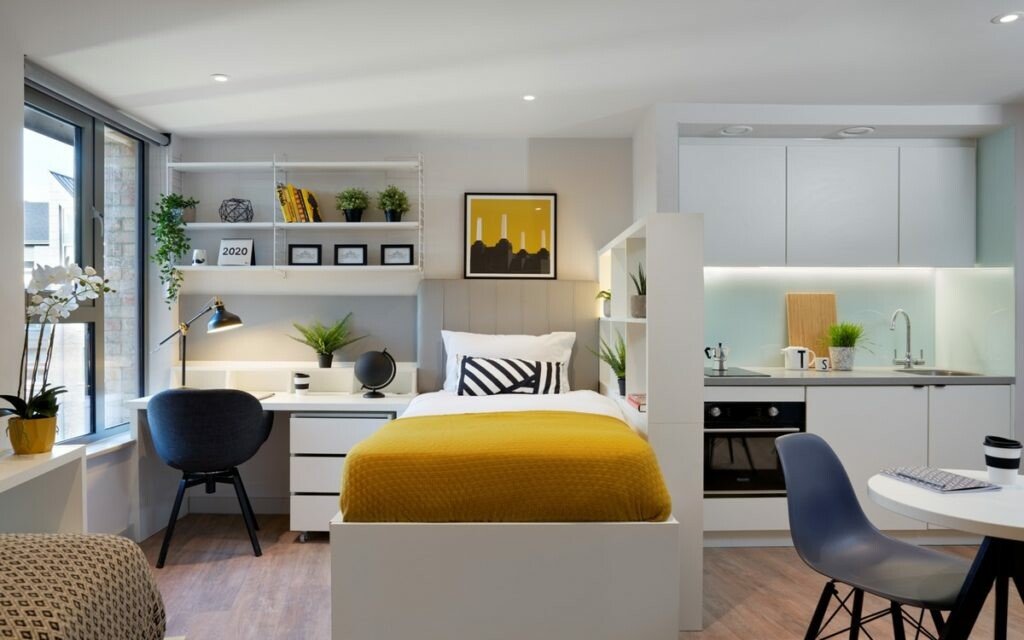Affordable, quality student housing is an important dimension of capacity for any study destination. More limited housing supply pushes up living costs for domestic and international students alike, and, beyond budgeting, can intrude otherwise on the quality of the student experience and destination competitiveness. At the same time, demand for housing is an important indicator of overall student demand for a particular destination.
For all of these reasons, the burgeoning purpose-built student accommodation (PBSA) sector is of keen interest to international educators, and we find some of the important top-line trends for the PBSA space in theStudent Housing Annual Report 2021, which was released at the end of April by the industry research specialists Bonard.
The report for 2021 is based on a comprehensive global survey of student housing in 32 countries and 270 cities. It sums up trends for a global pool of nearly two million beds in 12,748 student housing establishments. Of those, roughly 670,000 beds, and 7,586 facilities, are in privately owned facilities.
The overall finding of the Bonard report is that the PBSA sector has been very resilient throughout the pandemic. Many private housing providers in Europe, for example, registered only about a 5-10% decline in bookings in 2020 (a much more modest decline than was being reporting in other travel and hospitality sectors that year). The Bonard report looks at sector performance as of September 2021 and by that point many PBSA providers had seen bookings return to pre-pandemic levels. The average occupancy across European destinations that September was 94%, with a number of city-destinations pushing closer to 99%.
Bonard notes as well that private housing providers fared better during the pandemic, in terms of occupancy rates and overall performance. This is in large part to the greater proportion of private accommodations (as opposed to shared rooms) in such facilities, in keeping with the very clear trend toward single-occupant bookings over the last couple of years.
“Overall, student demand has not decreased significantly,” explains Julia Momotiuk, head of rented residential at Bonard. “While investment appetite has remained the same or even increased during the pandemic. Students continued to travel to their destinations and preferred to study on-site rather than online.”
That resurgence of bookings was driven in part by a “double cohort” effect as students who had deferred their studies in 2020 with the onset of the pandemic then moved to begin or resume their programmes in 2021.
The other side of that demand curve is of course the larger question of how the number of PBSA beds in a given destination relates to broader demand for student housing.
Because of the investment and time required to bring new student housing stock into operation, PBSA capacity tends to lag behind market demand generally. In Bonard’s reckoning, there are very few destinations across its 270-city sample, that could be considered “saturated” in terms of student housing beds. In order to reach that threshold, in Bonard’s model at least, a destination needs to have an inventory of PBSA beds roughly equivalent to 25% of the total student housing demand in that market.
The research team estimates that, as of September 2021, there were roughly 230,000 beds in the PBSA pipeline across Europe, including both facilities under active construction as well as those still in the planning stage. The annual report indicates that just over 50,000 new beds were added across Europe in 2021, with another 72,000 expected in 2022, and a further 48,000 beds in 2023.
If you are looking for more data and intelligence on student housing, please arrange an intro meeting with us.
The full article was originally published on ICEF Monitor




